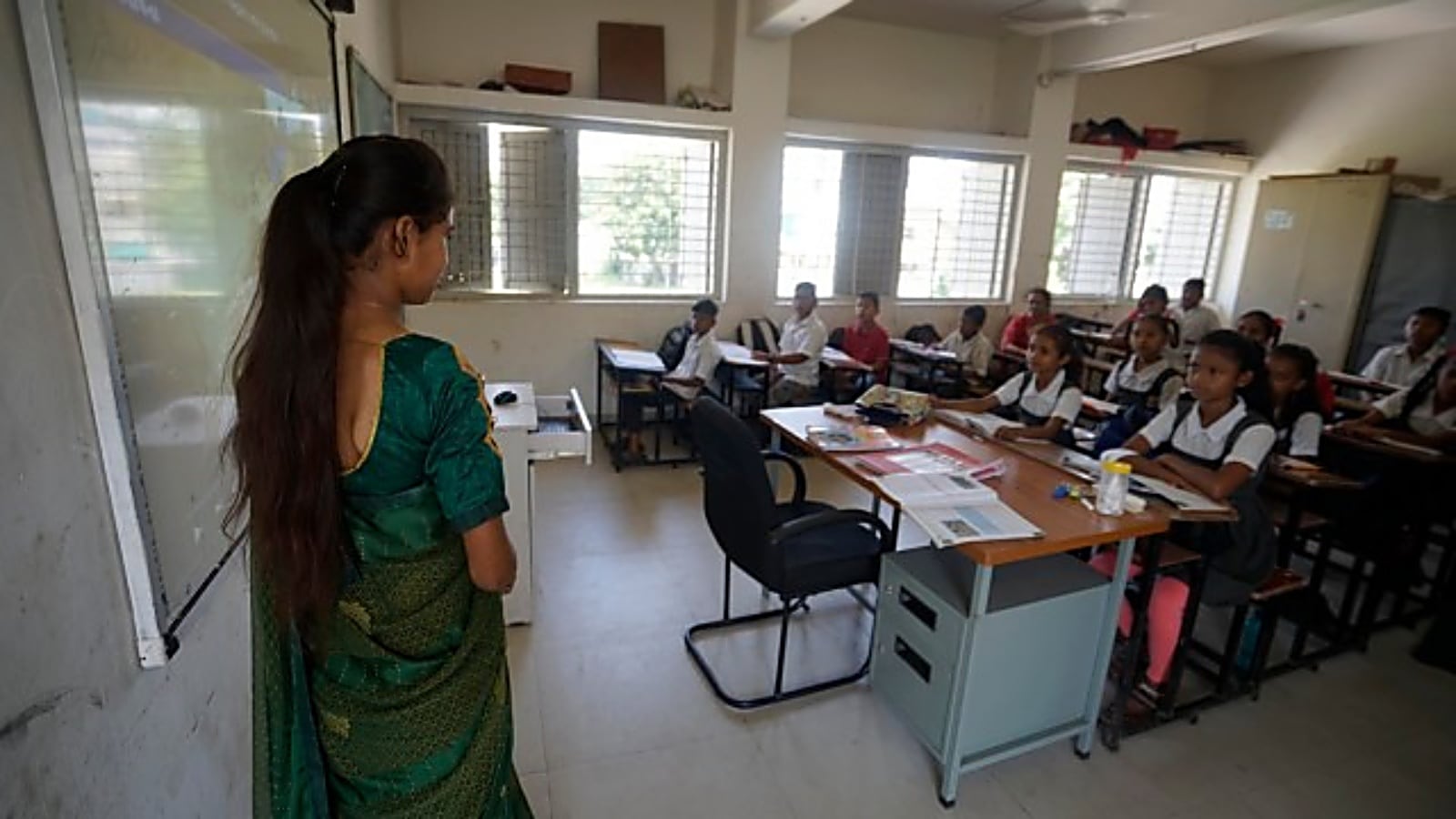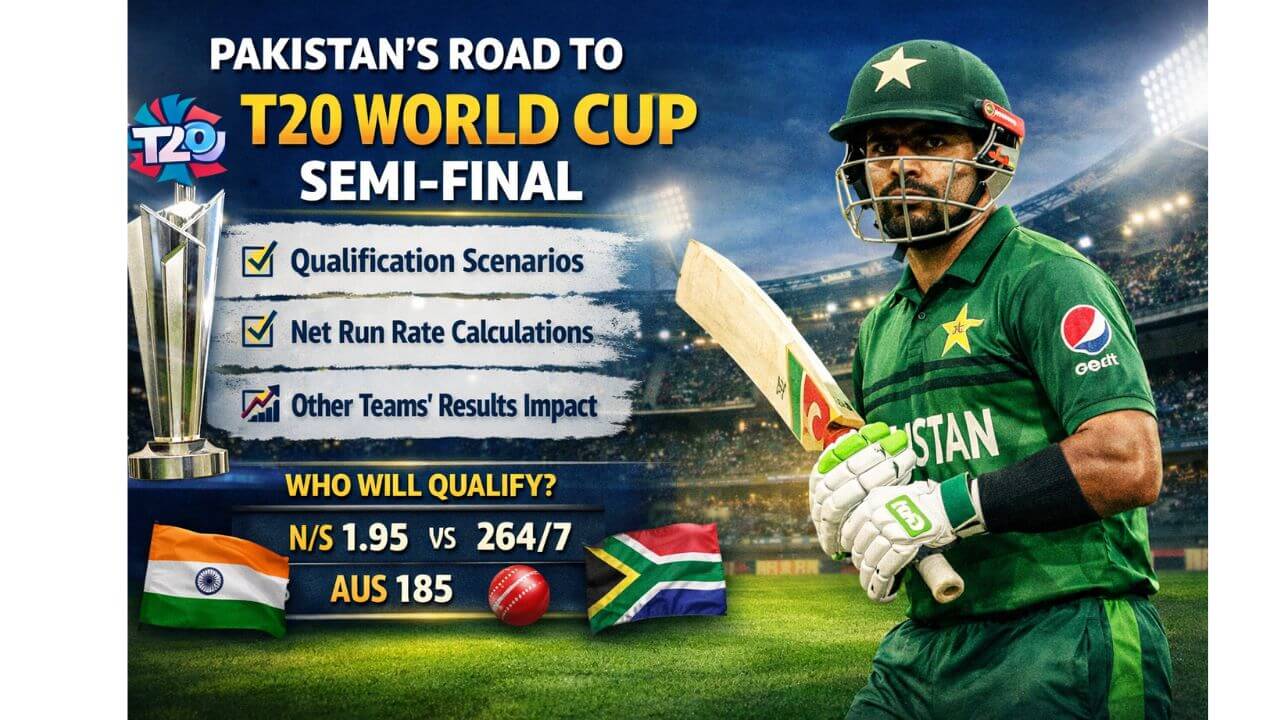
Teacher Vacancies in Pune Schools Raise Alarm
A recent Right to Information (RTI) inquiry has uncovered a troubling issue in Pune Municipal Corporation (PMC) schools, revealing that 320 teacher posts are currently vacant. This revelation comes from an RTI request filed by Krunnal Gharre, the vice president of the Aam Aadmi Party (AAP) in Pune. The information received indicates that out of the sanctioned 2,840 teaching positions, a significant 11.25 percent remain unfilled as of June 13, 2025.
The findings have sparked serious concerns among education advocates. Gharre, alongside Shital Kandelkar, the president of AAP Shikshak Aghadi, expressed their disappointment, stating, “While the government boasts about ‘education reforms,’ ‘digital schools,’ and ‘quality learning,’ the reality is completely opposite. Thousands of children are being deprived of teachers.” They argue that this is not merely an administrative oversight but a severe social injustice that affects the future of countless students.
Empty classrooms represent more than a lack of educational resources; they symbolize lost opportunities for children. Gharre emphasized the dangers of denying education, highlighting that children who lack guidance may become directionless and susceptible to negative influences. He linked the rise in juvenile crime in Pune directly to the failures within the education system, arguing that “No teachers today means no law-abiding citizens tomorrow.”
Given the gravity of the situation, AAP has announced plans to file a writ petition in the Bombay High Court to address the violation of children’s fundamental right to education. They aim to hold authorities accountable and ensure that every child has access to quality education.
The PMC operates 313 schools across various language mediums, with the majority being Marathi medium, followed by English, Urdu, and Kannada. Despite the pressing need for teachers, the PMC’s response to the crisis remains unclear. Attempts to reach the PMC Administrative Officer of the Primary Education Department, Sunanda Wakhare, for comments on the matter have been unsuccessful.
As the situation unfolds, it raises critical questions about the effectiveness of educational policies and the commitment to providing a robust educational framework for future generations in India.










